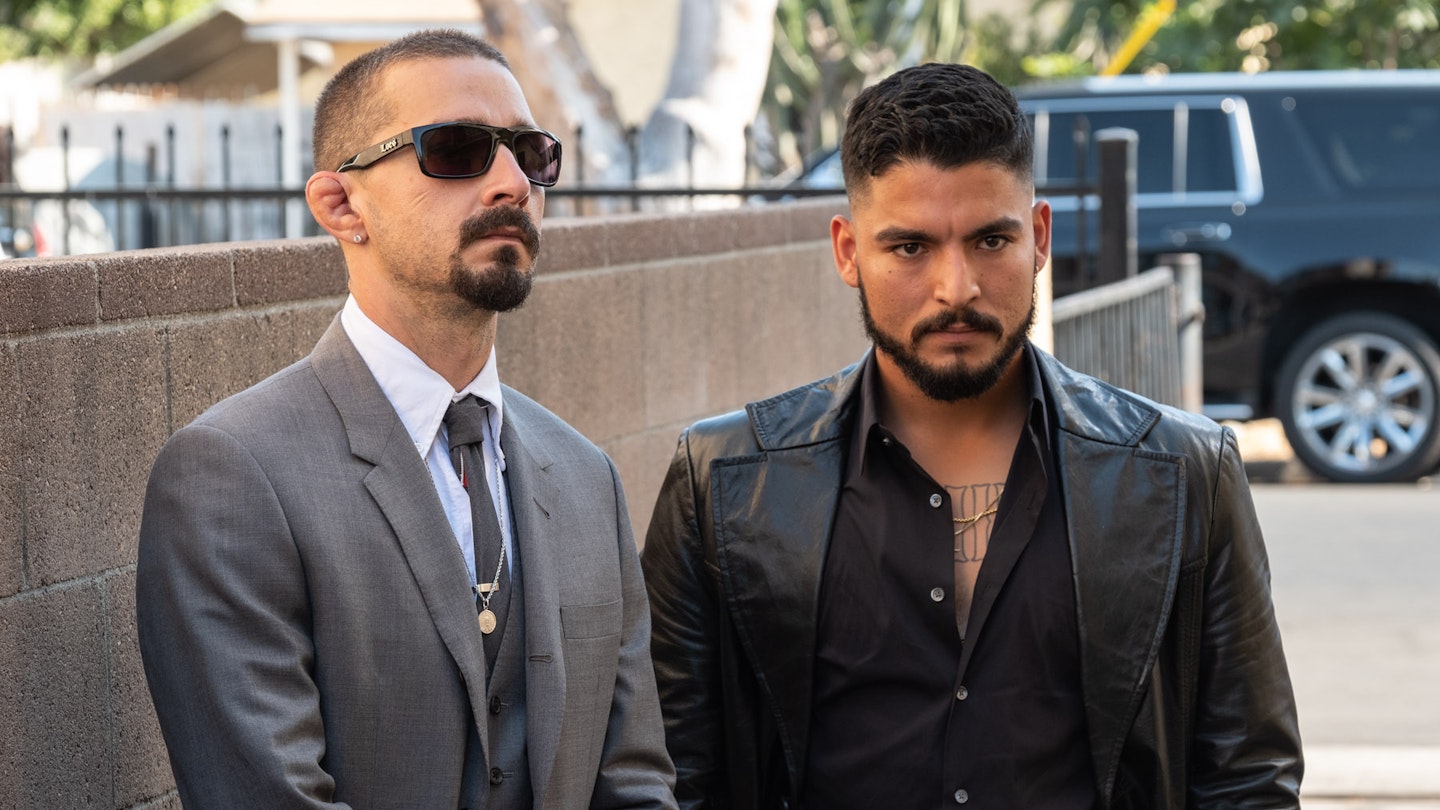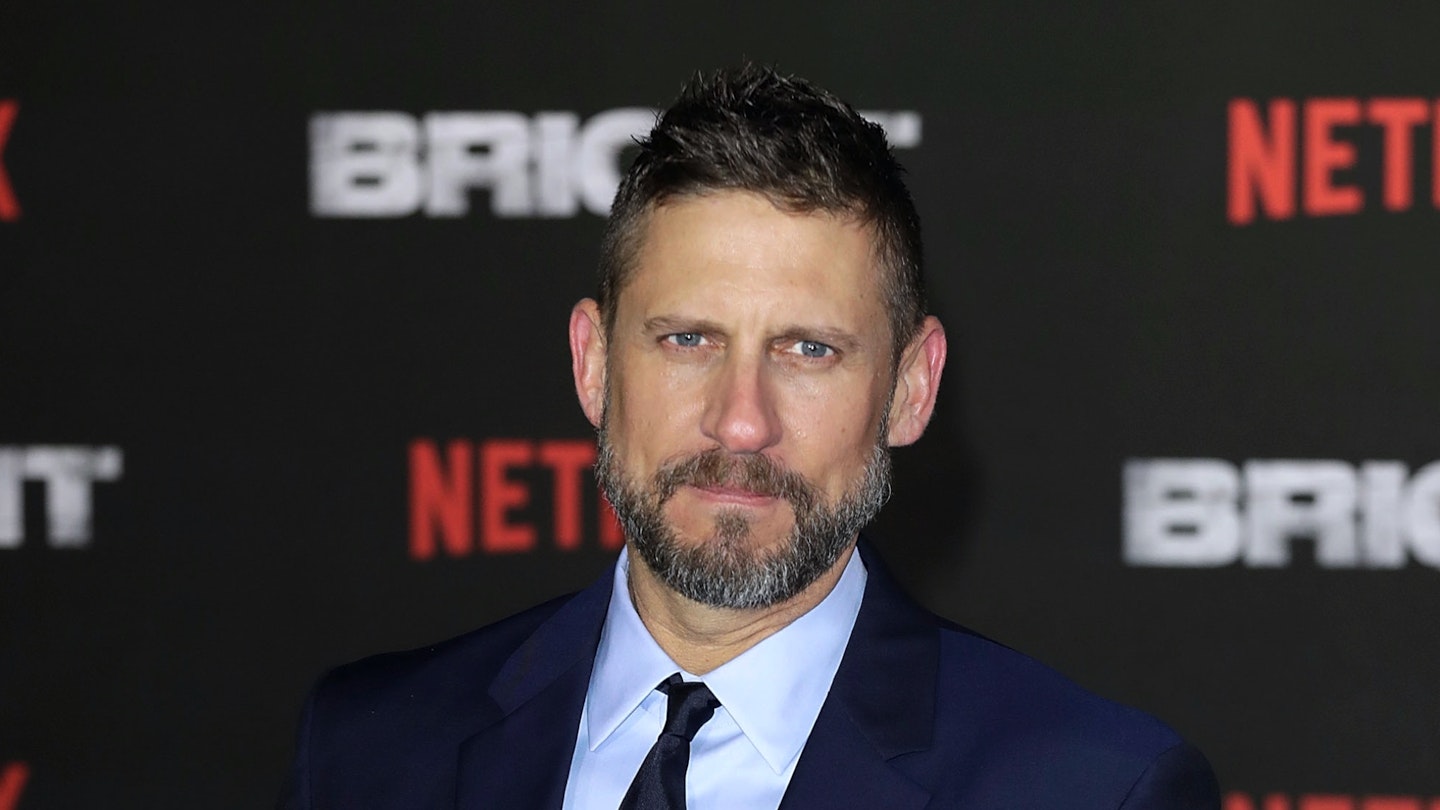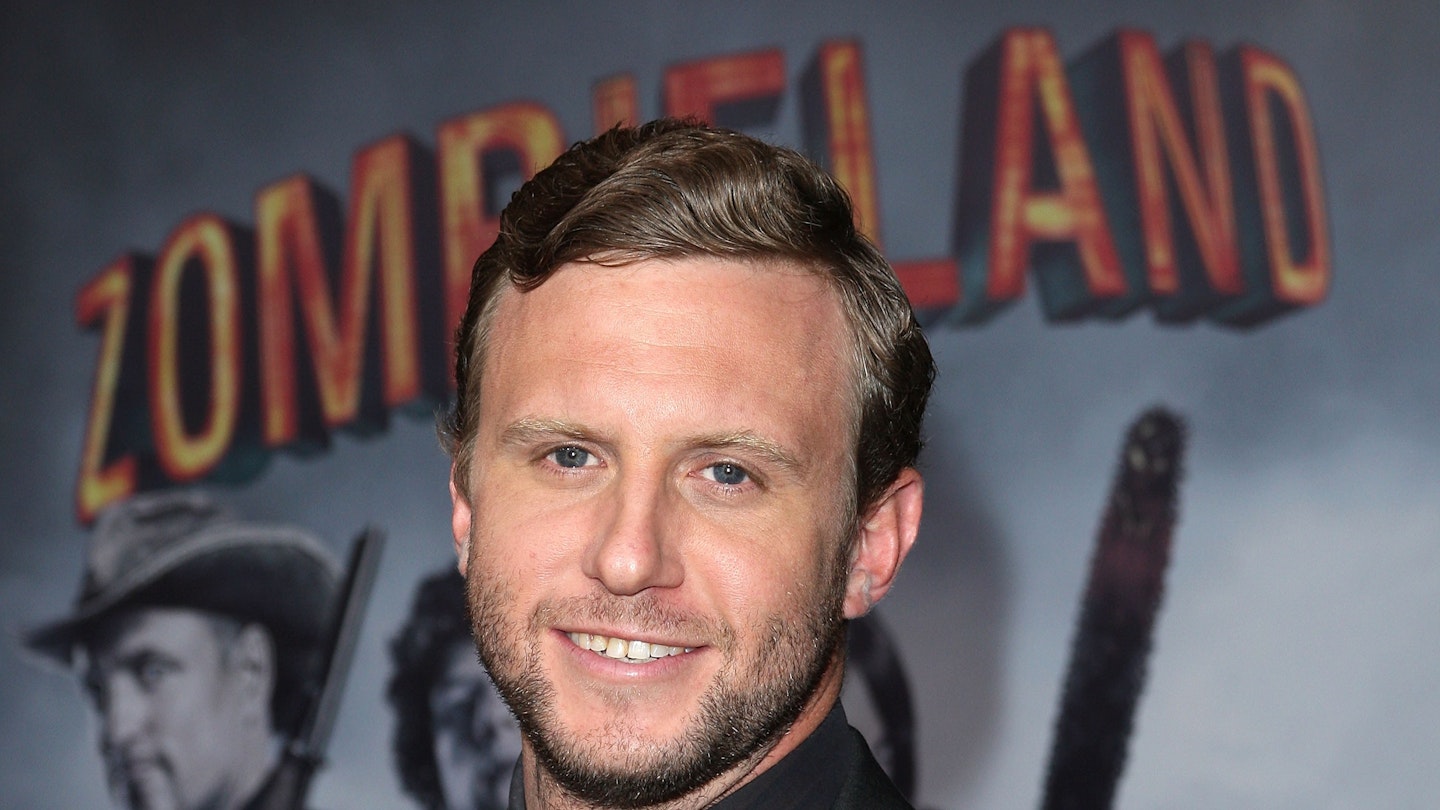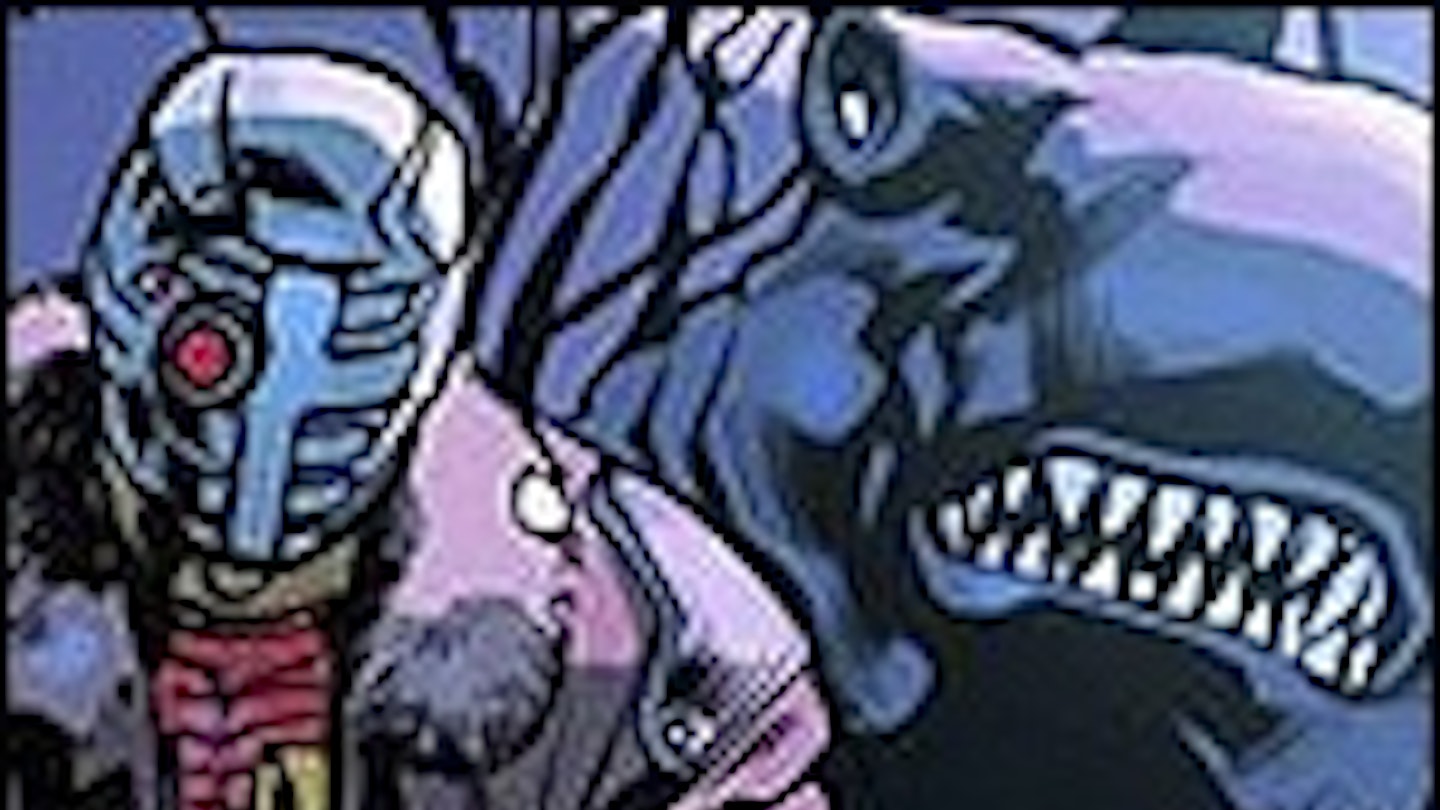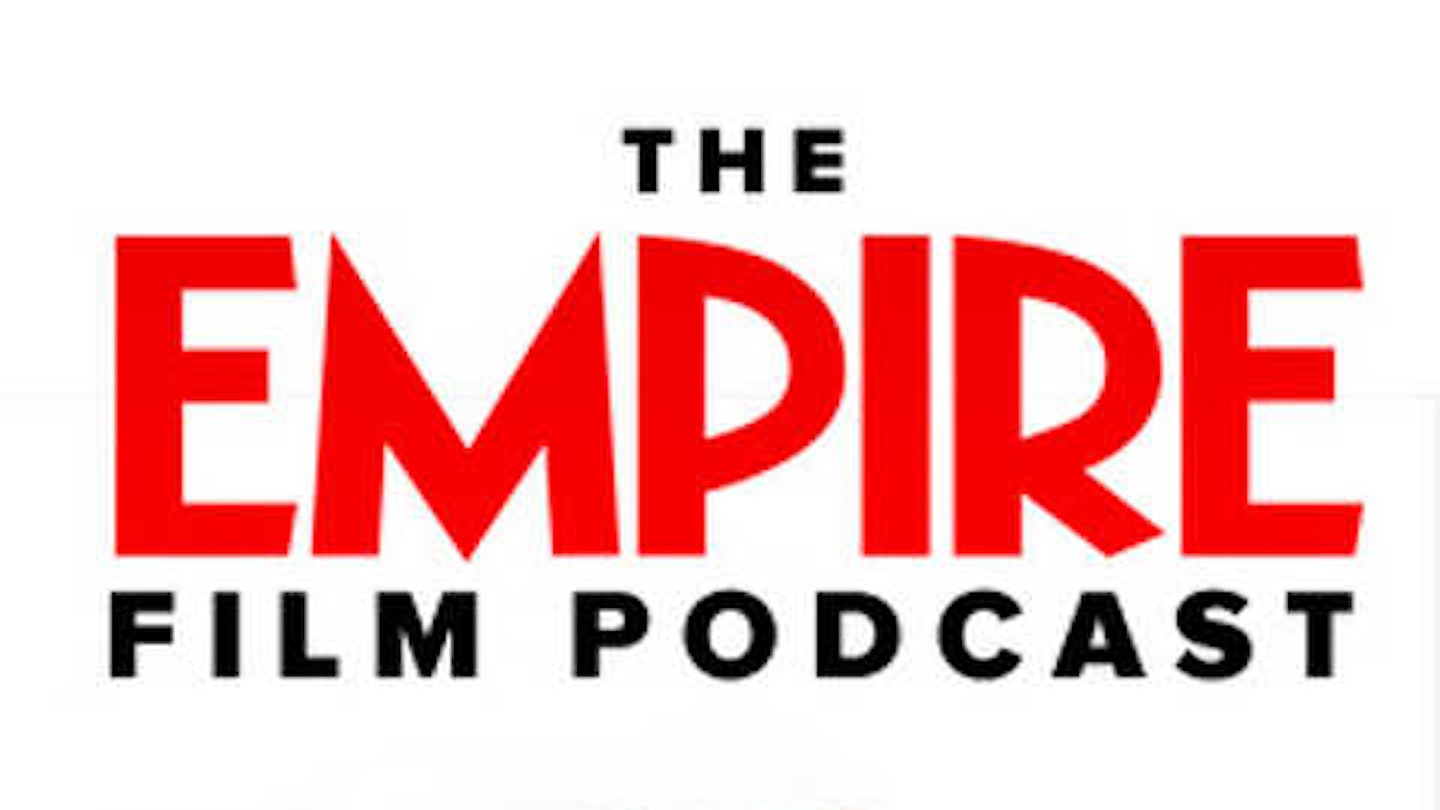There are small stumbles — stylistic inconsistencies, underwritten characters — that keep End Of Watch from being the great cop movie you can feel is somewhere in there, but what David Ayer’s drugs and guns drama has in compensatory abundance is atmosphere and a story that, though an assemblage of countless movies past, is at least an assemblage of the best bits. It’s the proven set-up of sarcastic buddy cops who stumble onto a case above their pay grade, uncovering a huge drug operation on their beat. Officer Taylor (Jake Gyllenhaal) is a mouthy show-off who is as likely to be playing pranks as making arrests, while Officer Zavala (Michael Peña) is the committed family man who shares his partner’s humour but would rather his mind were more on the job. The chemistry between Gyllenhaal and Peña is top notch, their obvious camaraderie smoothing out their brasher personality traits. There’s as much entertainment in their trading of insults in a car as there is watching them chase down gun-waving criminals.
Ayer directs this like a reality TV cop show with higher stakes, the camera running around the action, nosing into grubby corners and getting in everyone’s face. It’s controlled chaos, frenetic, but never confusing. He also makes use of footage shot by Taylor for a sketchy, and presumably illegal, documentary project. Initially it seems that we’re going to watch the whole thing through Taylor’s camera, but Ayer gives it up whenever a scene requires a wider view or when self-shooting makes no sense. The bad guys are horribly written, possessing a vocabulary that doesn’t extend much beyond angry swearing and imbued with the depth and psychology of a Grand Theft Auto sub-villain. Yet it doesn’t detract particularly from the experience. The world of Taylor and Zavala is sufficiently involving that their survival is investment enough. You might not be able to make much sense of their foe, but you still don’t want it to shoot them.

